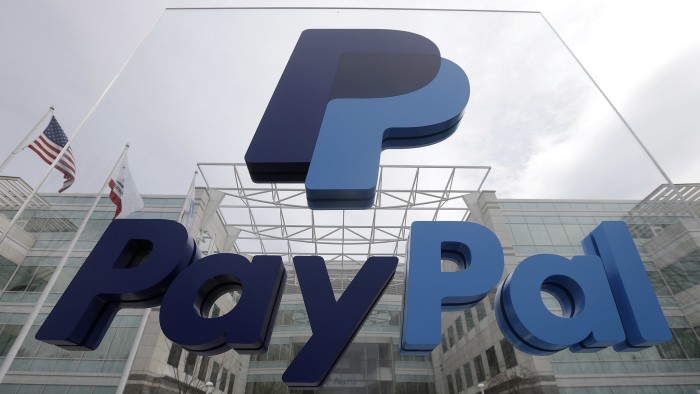Payments: interloping antelope

Roula Khalaf, Editor of the FT, selects her favourite stories in this weekly newsletter.
It is hip to use Square, cooler still to split a bill with friends using Venmo. These and other payments upstarts were spawned amid the pathetic failure of US banks to develop their own quick and easy mobile payment systems. The banks are fighting back. Zelle, named after “gazelles” (probably because they are quick, not because their survival is threatened), promises to revolutionise” peer-to-peer payments.
That goes a bit far. PayPal, which operates both the eponymous transfer service and Venmo, already offers fast P2P payments as does Square. Zelle does promise near-instant transfers — no mean feat given the creaking banking infrastructure — and more security. Nineteen of the biggest banks in the US are on board including JPMorgan Chase and Bank of America.
That also means thousands are not. Zelle might have more reach than past efforts, and the ability to use debit cards from non-partner banks helps. But the failure to achieve universality has held back bank P2P in the US. Confusion has bred competition.
Maybe banks’ slow progress does not matter. Providing free money transfer services does not look like a huge revenue opportunity. Yet in a presentation in September, JPMorgan called these services “strategically important” both because it keeps customers coming back and the move from cash helps reduce costs of ATMs. The bank said it enabled $13.4bn in P2P payments in the first nine months, up 37 per cent on the previous year. That just beats Venmo, which transacted about $12bn in a similar period. Its seven-year-old app, though, is growing at 130 per cent a year.
Banks’ fear payments could be the thin end of the wedge, letting fintech upstarts grab more of their revenues. If so, they could use a better carrot, universal acceptance, and a bigger stick — block the independent services. They are unlikely to manage the latter in the face of regulators’ animosity. It is still not obvious banks have found the tool to beat the disrupters.
Email the Lex team at lex@ft.com
Comments